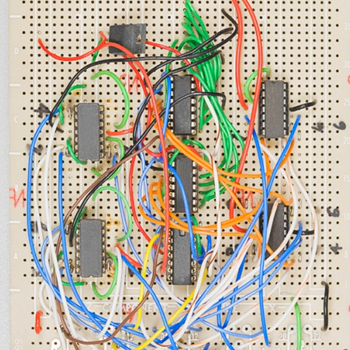How to test continuty of this function ? f(x) = #(1+x)^(1+x)# x is not equal zero
2 Answers
Explanation:
Write the function as:
As the exponential function
For
So the function is continuous also for
graph{(1+x)^(1+x) [-10, 10, -5, 5]}
This function is not continuous at
Explanation:
Consider a function
This function approrches
So, the limit of
They are different from
discontinuity at


